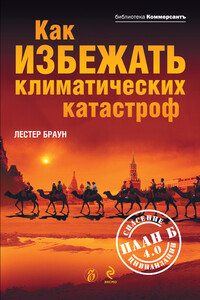Английский язык для специальных и академических целей: Международные отношения и зарубежное регионоведение. Часть 1 | страница 50
The hypothesis, in other words, is a step in the direction of political globalization, with the United States shifting from informal to formal empire much as late Victorian Britain once did. That is certainly what we should expect if history does repeat itself. [...] The British Empire began as a network of coastal bases and informal spheres of influence, much like the post-1945 American ‘empire'. But real and perceived threats to their commercial interests constantly tempted the British to progress from informal to formal imperialism. That was how so much of the atlas came to be coloured imperial red.
No one could deny the extent of the American informal empire — the empire of multinational corporations, of Hollywood movies and even of TV evangelists. Is this so very different from the early British Empire of monopoly trading companies and missionaries? Nor is it any coincidence that a map showing the principal US military bases around the world looks remarkably like a map of Royal Navy coaling stations>21> a hundred years ago. Even recent American foreign policy recalls
Unit II. US: from Democracy to Empire?
Unit II. US: from Democracy to Empire?
the gunboat diplomacy>1 of the British Empire in its Victorian heyday>22>>23, when a little trouble on the periphery could be dealt with by a short sharp “surgical strike”. The only difference is that today's gunboats fly.
Yet in three respects the process of “Anglobalization” is fundamentally different today. On close inspection, American strengths may not be the strengths of a natural imperial hegemon. For one thing, the British imperial power relied on the massive export of capital and people. But since 1972 the American industry has been a net importer of capital (five per cent of gross domestic product in 2002) and it remains the favoured destination of immigrants from around the world, not a producer of would-be colonial emigrants. Britain in its heyday was able to draw on a culture of unabashed imperialism which dates back to the Elizabethan period, whereas the US — born not in a war against slavery [...], but in a war against the British Empire — will always be a reluctant ruler of other people. Since Woodrow Wilson's intervention to restore the elected government in Mexico in 1913, the American approach has been to fire some shells, march in, hold elections and then get the hell out — until the next crisis. Haiti is one recent example, Kosovo another. Afghanistan may yet prove to be the next, or perhaps Iraq.


